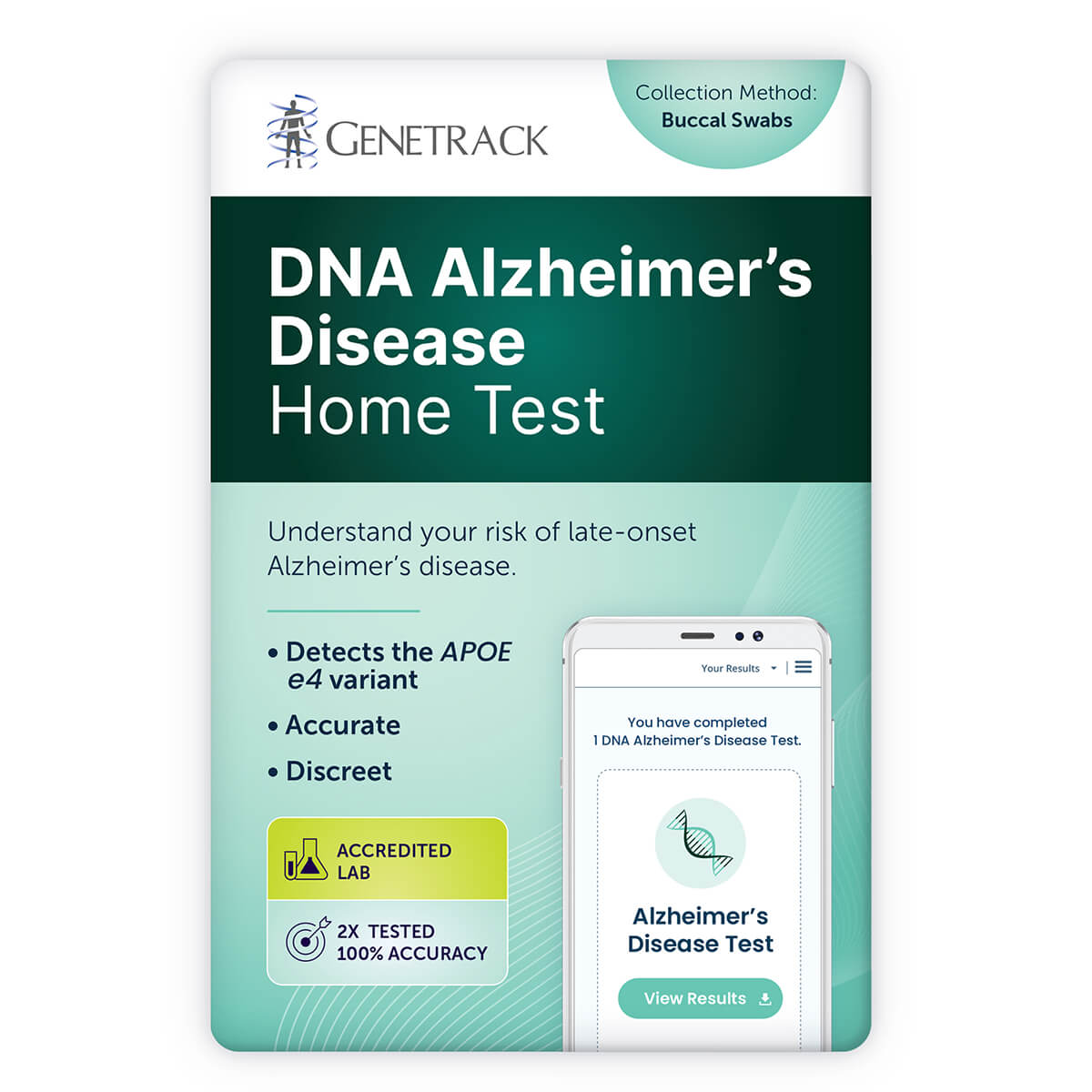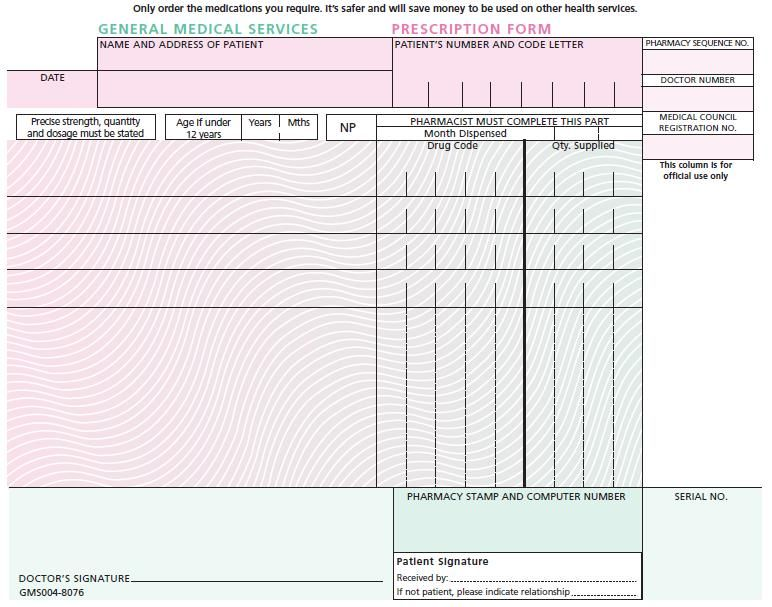The development of a home test for Alzheimer’s marks a significant leap forward in Alzheimer’s detection, offering a promising method for identifying early signs of cognitive impairment before the onset of noticeable symptoms. Researchers at Mass General Brigham have pioneered an innovative olfactory test that allows individuals to assess their sense of smell—an often overlooked indicator of neurodegenerative diseases. This at-home test involves simple tasks of sniffing various odors, making it accessible for older adults who might be at risk. By measuring one’s ability to recognize, discriminate, and remember these smells, the test provides valuable insights into cognitive health. The ramifications of such a tool could be profound, allowing for earlier intervention and better management of Alzheimer’s long before memory loss becomes apparent.
Introducing a groundbreaking method of detecting Alzheimer’s disease, this home-based assessment tool leverages olfactory capabilities as a potential early warning sign for cognitive decline. By simply engaging with a series of scents, individuals can gain insights into their brain health, potentially uncovering subtle shifts that indicate the onset of serious neurodegenerative conditions. This innovative approach not only makes early screenings accessible but also enhances awareness surrounding cognitive issues, equipping families and healthcare providers with the means to address these challenges proactively. As research continues to unfold, such tests may pave the way in understanding the intricate link between our senses and cognitive function, allowing us to recognize the early manifestations of conditions like dementia and Alzheimer’s.
Understanding the Importance of Early Alzheimer’s Detection
Early detection of cognitive impairment is critical in addressing Alzheimer’s disease and other neurodegenerative diseases effectively. When identified in its early stages, interventions can be implemented to slow down the progression of cognitive decline. Research indicates that cognitive impairment can often precede the classic symptoms of Alzheimer’s by several years, making proactive monitoring essential. Tools such as olfactory tests not only enhance our understanding of the disease’s onset but also empower individuals to take control of their brain health.
Moreover, recognizing the early signs of Alzheimer’s allows for timely medical responses and lifestyle changes that may help mitigate symptom manifestation. Studies show that the sense of smell is closely tied to memory and cognitive function, and a decline in olfactory capabilities can indicate cognitive issues before other symptoms arise. This connection underscores the significance of innovative tests that can be conducted at home, such as the olfactory test developed by researchers at Mass General Brigham.
Frequently Asked Questions
What is a home test for Alzheimer’s and how does it work?
A home test for Alzheimer’s, particularly the olfactory test developed by researchers, allows individuals to identify early signs of Alzheimer’s disease by evaluating their ability to smell and recognize different odors. Participants simply sniff odor labels on a card to assess their olfactory discrimination, identification, and memory. This non-invasive method can be conducted at home and aims to detect cognitive impairment long before memory symptoms appear.
How can olfactory tests help in the early detection of cognitive impairment?
Olfactory tests can aid in the early detection of cognitive impairment related to Alzheimer’s by assessing changes in smell perception, which is often one of the early signs of Alzheimer’s disease. Research shows that older adults with cognitive decline perform poorly on odor identification and discrimination tests, suggesting that these tests can serve as valuable tools for diagnosing neurodegenerative diseases before significant symptoms manifest.
Are home tests for Alzheimer’s like the olfactory test effective?
Yes, home tests for Alzheimer’s, specifically olfactory tests, have shown effectiveness in research studies. Participants with mild cognitive impairment scored lower on odor recognition tasks compared to cognitively normal individuals. This indicates that such tests can provide an early warning about potential Alzheimer’s risk, allowing for timely interventions and further evaluation.
What are the benefits of using a home test for Alzheimer’s?
The benefits of using a home test for Alzheimer’s include its cost-effectiveness, non-invasive nature, and convenience. Individuals can assess their cognitive health privately from home, reducing barriers to early detection. These tests help identify those at risk for Alzheimer’s disease, promoting early intervention strategies to manage cognitive decline.
Who can benefit from taking a home test for Alzheimer’s?
Older adults, particularly those experiencing subjective cognitive complaints or early signs of Alzheimer’s, can greatly benefit from taking a home test for Alzheimer’s. Additionally, caregivers and family members concerned about loved ones’ cognitive health can also use these tests to monitor potential changes in cognitive function.
What research supports the use of olfactory tests for Alzheimer’s detection?
Research conducted by a team at Harvard-affiliated Mass General Brigham supports the use of olfactory tests for Alzheimer’s detection. Their study demonstrated that older adults with cognitive impairment showed significant deficits in odor memory and discrimination. The findings, published in Scientific Reports, highlight the potential of olfactory testing as a practical tool for predicting neurodegenerative diseases like Alzheimer’s.
Can the olfactory test for Alzheimer’s be used across different languages?
Yes, the olfactory test for Alzheimer’s has shown consistency in results among participants speaking different languages, including English and Spanish. This suggests that the test can be effectively utilized in diverse populations, aiding in the early detection of cognitive impairment across various cultural and linguistic backgrounds.
What should I do if my home test for Alzheimer’s indicates cognitive impairment?
If your home test for Alzheimer’s indicates possible cognitive impairment, it is important to consult with a healthcare professional for further evaluation. They may recommend comprehensive neuropsychological testing and appropriate interventions to manage cognitive health. Early detection allows for better planning and care strategies to address any cognitive decline.
| Key Point | Details |
|---|---|
| Purpose of the Test | Develop an at-home olfactory test to detect individuals at risk of Alzheimer’s before symptoms appear. |
| Research Institution | Conducted by researchers at Harvard-affiliated Mass General Brigham. |
| Mechanism of the Test | Participants sniff odor labels to assess their ability to discriminate and remember those odors. |
| Significance of Findings | Older adults with cognitive impairment scored lower than cognitively normal adults. |
| Future Research | Investigate olfactory dysfunction as an early warning sign for neurodegenerative diseases. |
| Test Characteristics | Cost-effective, non-invasive, and suitable for home administration. |
| Target Participants | The study involved English- and Spanish-speaking adults with memory concerns or mild cognitive impairment. |
| Expected Outcomes | Olfactory test could predict cognitive decline and neurodegenerative diseases. |
Summary
The home test for Alzheimer’s is a groundbreaking tool designed to identify individuals at risk for Alzheimer’s disease years before symptoms appear. This innovative olfactory assessment provides a non-invasive method for early detection, allowing for timely interventions and a better understanding of cognitive health. By focusing on the sense of smell, researchers hope to pave the way for improved research methodologies and ultimately, advanced treatments for neurodegenerative conditions.




